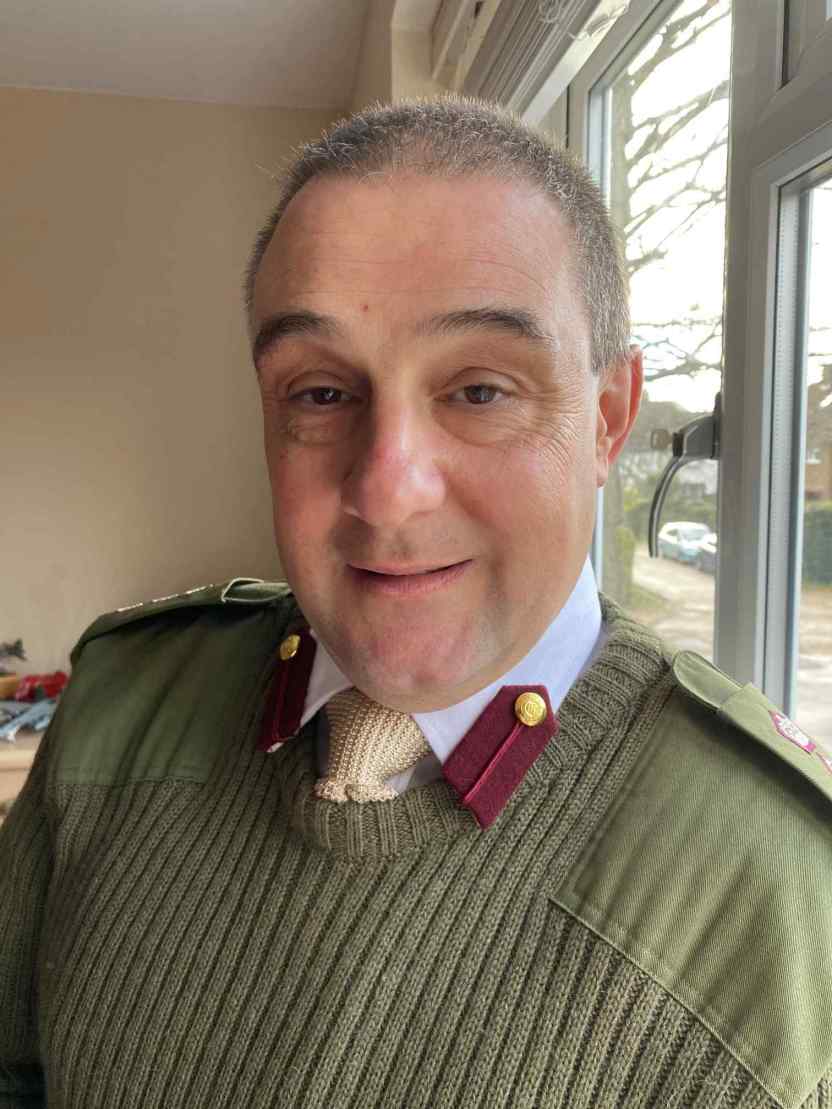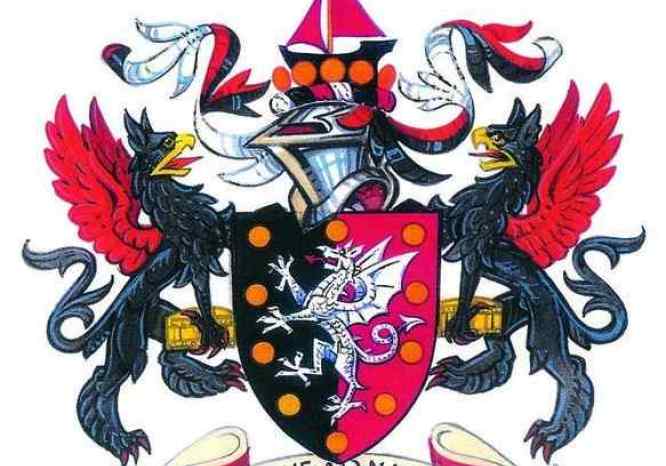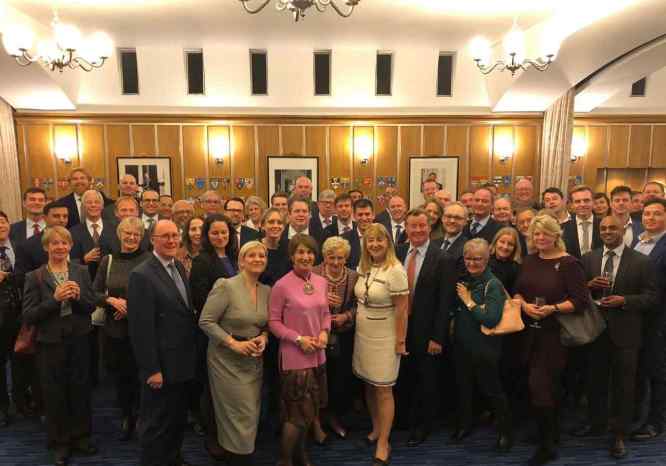Master presents to 306 Hospital Support Regiment on Leadership Through Crisis
On the morning of Saturday, 28th November 2020 the Master, Robert Merrett, assisted by his JP Morgan colleague and former infantry officer, Mike Thornton, made a presentation to one of the WCIB’s affiliated military units, 306 Hospital Support Regiment (306 HSR), as part of one of its regular virtual training days. 306 HSR, a nationally recruited reserve unit of the British Army, is based near York and forms part of 2 Medical Brigade, Royal Army Medical Corps. Over one hundred and eighty reservists were online to hear the Master and Mike deliver their thoughts on Leadership Through Crisis.
Having described the global scale and complexity of JP Morgan’s banking operations, the point was made that large financial institutions have many functions that must remain operational at all times because governments, industries, firms and individuals cannot function without them. For this reason, even before COVID-19, organisations such as JP Morgan regularly test their business resiliency plans to mitigate the impact of anticipated challenges such as typhoons in the Far East and monsoons in India. However, the coronavirus epidemic demonstrated that even “what if” scenarios thought highly unlikely to occur can still do so. The key to responding successfully lies in having the right business resiliency framework and crisis management processes in place coupled with the intellectual agility to design, deliver and adapt mitigation plans.
One of the major revelations of 2020 has been that, although cultural norms and regulatory requirements have previously dictated universal attendance by employees at an office, banks have been able to function with large numbers of staff working from home. The post-COVID future of working practices presents some interesting opportunities to learn from the experience of recent months. Whilst some functions, such as traders and corporate financiers, will almost certainly remain largely office-based, there will be greater opportunity for other business functions to maintain flexible working practices, with staff likely to be engaged on some form of rotation between office and home working. However, teams will still need to come together to solve problems and collaborate and the office is currently viewed as the best place to do this. And from a leadership perspective, bringing people together in person is still regarded as the optimal way to ensure the effective assimilation of a firm’s culture as well as developing the talent required to build a winning team. All commercial organisations will need to give thought to this challenge and devise a future work environment that suits both the needs of their business and, increasingly, the expectations of their employees, many of whom will now expect some form of optionality with their future work arrangements. As with all elements of outstanding leadership, this will require careful listening as well as positive action.
The presentation was well received by its audience of army reservists, most with day jobs as NHS surgeons, doctors, nurses and other medical professionals, who made the most of the subsequent Q&A session. This was the second WCIB presentation this year at a 306 HSR virtual training day, following on from the Junior Warden’s “COVID-19, Brexit and banking - and the impact on you, the customer” lecture in September. The Regiment very much appreciates the WCIB’s ability to provide relevant leadership perspectives from outside the military experience.
Share This Post:
The Clerk
Posted by the Clerk




